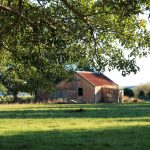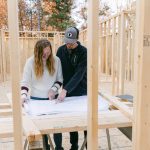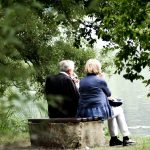Are Family Trusts still useful ownership vehicles?
In our opinion Family Trusts are still useful ownership vehicles for assets, in particular assets that increase in value such as land.
Reasons include:
- Health and safety legislation is strict and fines are high. In the unfortunate event of an accident at a work place it is preferrable to have land owned by a different entity, such as a Family Trust, from the operator of the work place (such as a farm, commercial building etc). The aim is to try and have only the operator responsible for health and safety at the work place.
- Capital gains on assets owned by the Trust would be captured in the Trust. The Beneficiaries of the Family Trust are likely to be the Settlor, their children and grandchildren. The Trust can assist these Beneficiaries in the future if the trustees decide to. There is more flexibility to do so with Family Trusts than other ownership entities.
- Inheritance received by a Settlor can be captured in their Family Trust. Relationship Property legislation states that inheritance and gifts are separate property (not relationship property) if they are kept separate. To maintain this legislative protection a Family Trust can be used to receive the inheritance either directly from the deceased’s estate or once received by the Settlor, it can be moved to the Trust.
If inheritance goes into a joint account/asset then it loses the protection the legislation provides. The Family Trust can lend the inheritance to another party to assist that party to repay debt or to buy an asset if it is preferable the asset is not owned by the Trust.
- If a couple have a Family Trust each and then separate, each party keeps their respective Trust. The discussion is about who is keeping what property or will the property be sold. For property that is retained, one Trust will transfer their share of such property to the other’s Trust.
- In the tragic circumstances of a death of one of a couple the deceased’s Trust can keep owning its share of the two Family Trusts’ assets while there are young children of the deceased. When the children are older and mature enough to be trustees of the deceased’s Trust such children can become the Trustees of the Trust or such Trust can be wound up in favour of such children. In the meantime, the Trust will hold the Trust property for the children’s benefit.


